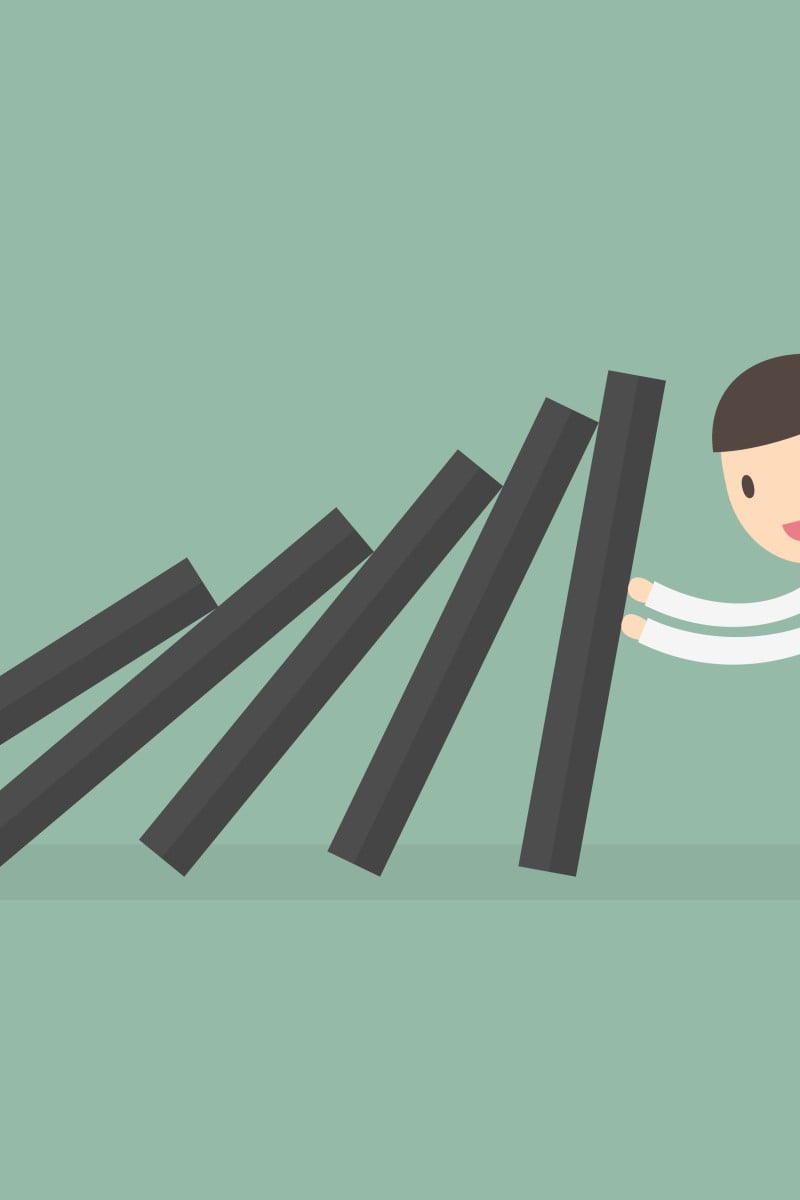
5 tips on how to build resilience, recover from setbacks, and not be scared by 'failure' again
- We all face struggles in life, but there are skills you can develop to help you cope with hardships
- Staying optimistic and choosing gratitude will help you stay on track

A person’s resilience can be measured by how fast they bounce back after disappointments. But more than that, it’s about your ability to adapt to challenging situations, while maintaining your emotional well-being. While research has shown that some people are naturally resilient, a little bit of practice can help you become mentally stronger.
Claire Ong, co-founder of The Positive Movement, a boutique academy that focuses on positive development, is a specialist in character development. Ong has spent much of her academic career helping students flourish. And whether you are going through a tough time, or just trying to prepare yourself for the next hurdle, her tips for building resilience should come in handy.
How to cope with changes in your life so they don’t overwhelm you
Optimism the key
We all have a default thinking pattern that we fall into whenever problems arise. The first step to developing resilience is to become aware of our thinking patterns. Only then will we be able to reframe our thoughts and change our mental process to one that supports us better. The good news is that research has shown that optimism can be learned, and it is the key to developing greater resilience.
Choose gratitude
Gratitude is a strong feeling of appreciation for what others have done for you. It is associated with being content and wanting to help others. A sense of gratitude helps us to access other positive emotions that we otherwise may not be able to access. What’s more, research has shown that building positive emotions also contributes to building resources (physical, emotional and social) for tough times.
This is why life feels too much sometimes and what you can do to help yourself feel better
Practise mindfulness
Mindfulness is defined as the non-judgmental awareness of the present moment. Research has shown that regularly practising mindfulness helps to reduce stress levels, and also increases a person’s ability to make good decisions and their resilience levels.
Develop emotional intelligence
Emotional intelligence – the ability to recognise your own emotions and those of the people around you – is a skill that can be developed. Research has shown that people who have higher emotional intelligence are less likely to fall into depression.
How to be kind to yourself - you can’t do it all, all the time
Use your strengths
Research has shown that people who are aware of their strengths and hone them on a daily basis are more self-confident and have a greater sense of meaning. They are also better able to cope with adversity.
